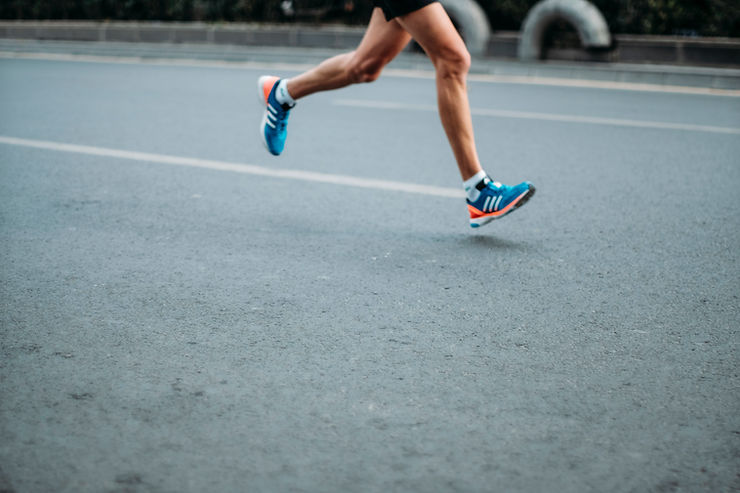One thing I have heard quite a lot of over my time as a physiotherapist is that people think running is bad for our joints. It is certainly a common perception.
I have known people stop running the moment they are told they have osteoarthritis (OA), even if the osteoarthritis is quite mild.
Is this a good idea, or a mis-conception? Well, the best information we have for this subject are the trials and studies that have been completed to provide evidence to support the above argument or to try to prove otherwise. Millions of pounds are spent on creating studies that answer questions to tell us which treatments are best for which issues, and what advice should we give people who come to us with different complaints.
All of our clinical advice and treatments as Physiotherapists should be based on good, rigorous, reliable and relevant pieces of evidence. This is why I get frustrated when I have patients who come to me who have had various ‘Physiotherapy’ interventions, but their so-called physio hasn’t even attempted the best practice treatments informed by evidence. You can’t expect to get better if you’re not doing evidence-based treatments.
Anyway, rant over!
The best evidence for this particular question would be longitudinal studies which follow different groups (perhaps sedentary group (inactive) vs competetive runners vs casual runners) over time, and look at the levels of osteoarthritis, pain and disability.
So, let’s take a look at the evidence (I’ll try not to bore you to death!)
https://www.ncbi.nlm.nih.gov/pmc/articles/PMC5179322
In this study they looked at 2637 participants and used a retrospective cross-sectional study looking at knee X –rays, symptoms assessments and lifetime physical activity surveys. This meant they asked people to give an honest evaluation of their activity levels over a 10 year period. They then compared the inactive participants and active participants osteoarthritis levels.
Conclusion:
There was no increased risk of knee osteoarthritis among self-selected runners compared with non-runners. A good start for running!
The next study is a systematic review and meta-analysis (an examination of lots of independent studies to be able to determine overall trends). These are often very rigorous, only including studies that are relevant, reliable and answering a specific question. These types of studies are normally the best place to look for evidence provided they are answering your question, because the number of people in total being looked at is so high.
https://oce.ovid.com/article/00001218-201706000-00002
“The Association of Recreational and Competitive Running With Hip and Knee Osteoarthritis: A Systematic Review and Meta-analysis”
In this systematic review, they looked at 25 studies! They ruled out any individuals who did not meet the inclusion criteria (these people would not help to answer the question of the study, and there for not included so as to not skew results). This meant the total number of people looked at was 114,829.
Conclusion:
Recreational runners (that is anyone who was running in a non-professional (amateur) context, had lower occurrence of OA when compared with competitive runners (professional/elite athletes or international athletes). Recreational runners also had lower incidence of OA vs sedentary, non-running individuals.
So in conclusion, running is actually good for your joints with moderation!
But what if running is aggravating my knee or hip pain?
Even with a diagnosis of mild to moderate OA, running can be continued based on symptoms. If your symptoms are not well managed, adding in some strengthening exercises of the leg, and proprioceptive and control exercises for the joint (teaching it to better cope with the demands of running) should help.
Running on a modified, softer surface like grass or a treadmill can help reduce the pain from OA in the short term, but strengthening is the first thing I would address.
Now go run!
For more tailored information, please feel free to contact us at info@azzurrotraining.com, or via telephone 01628 290 491



